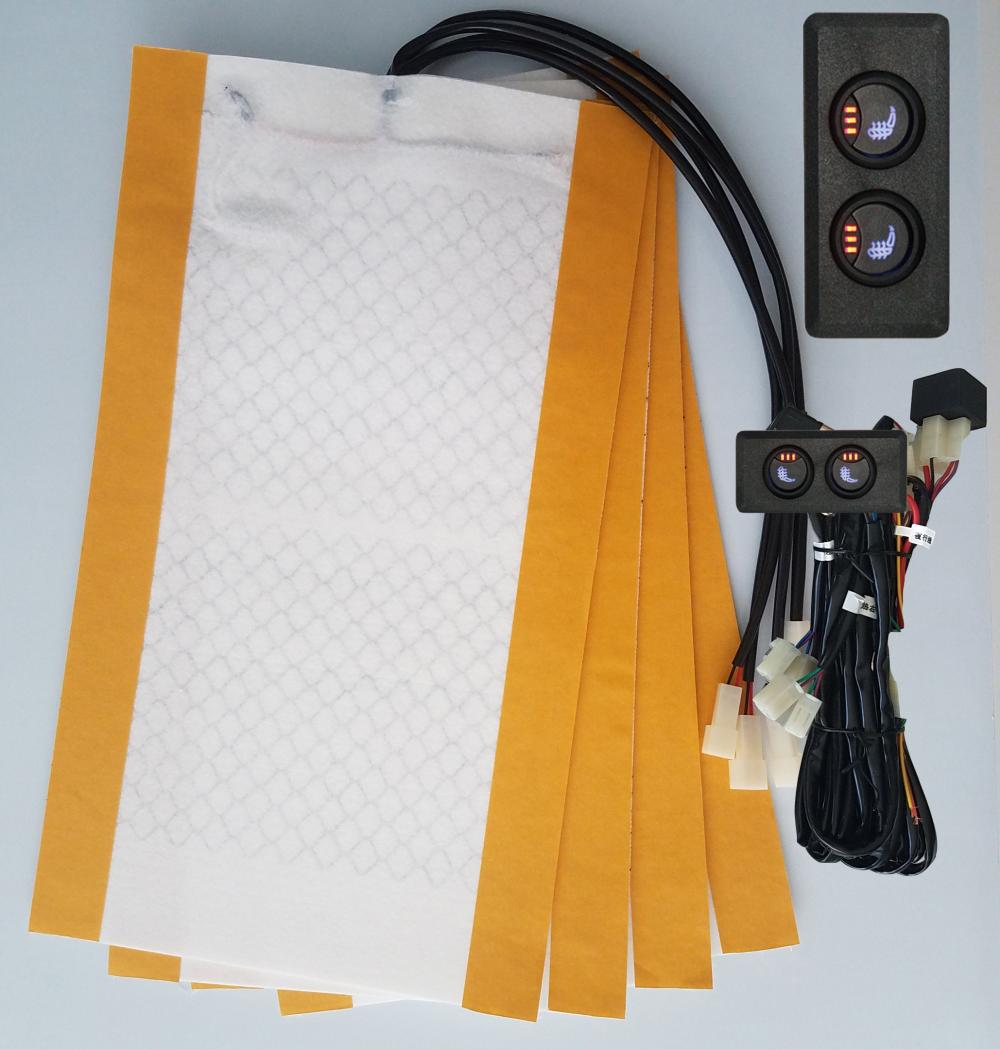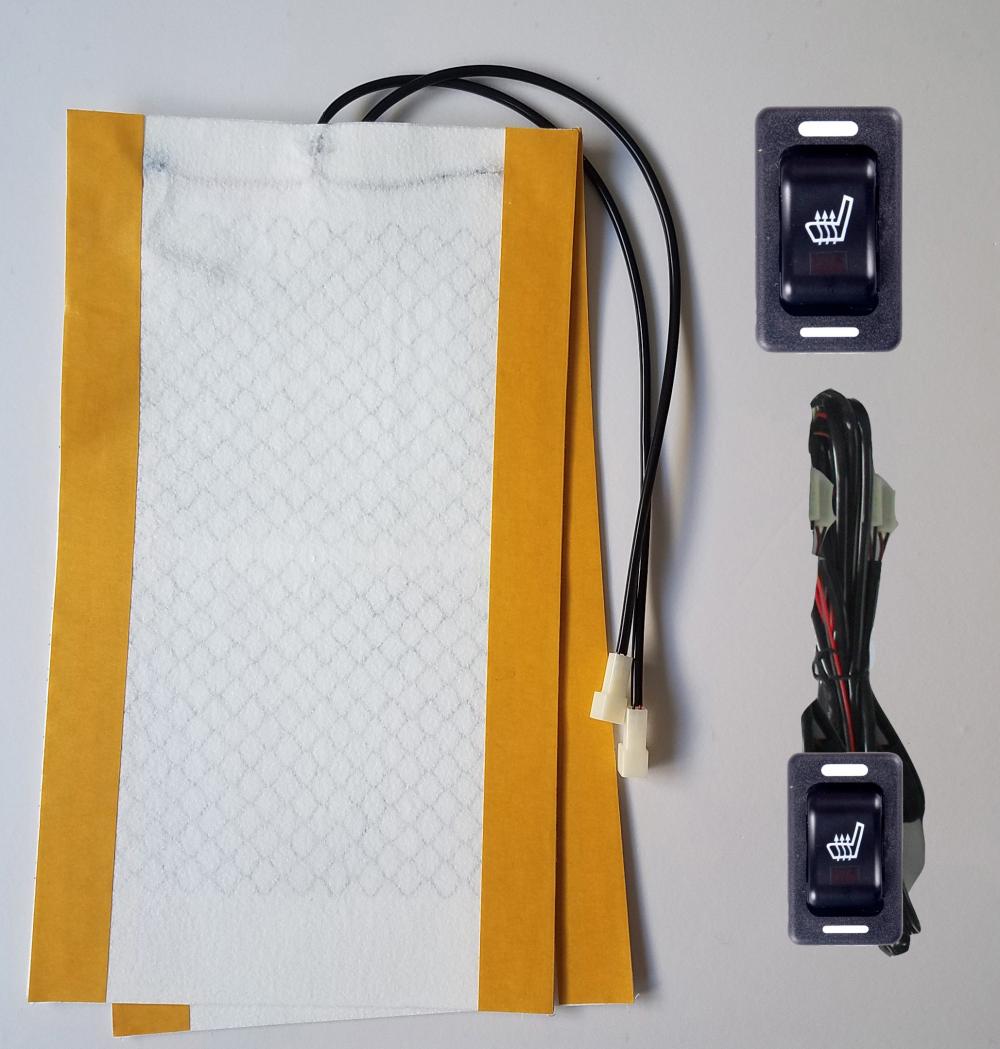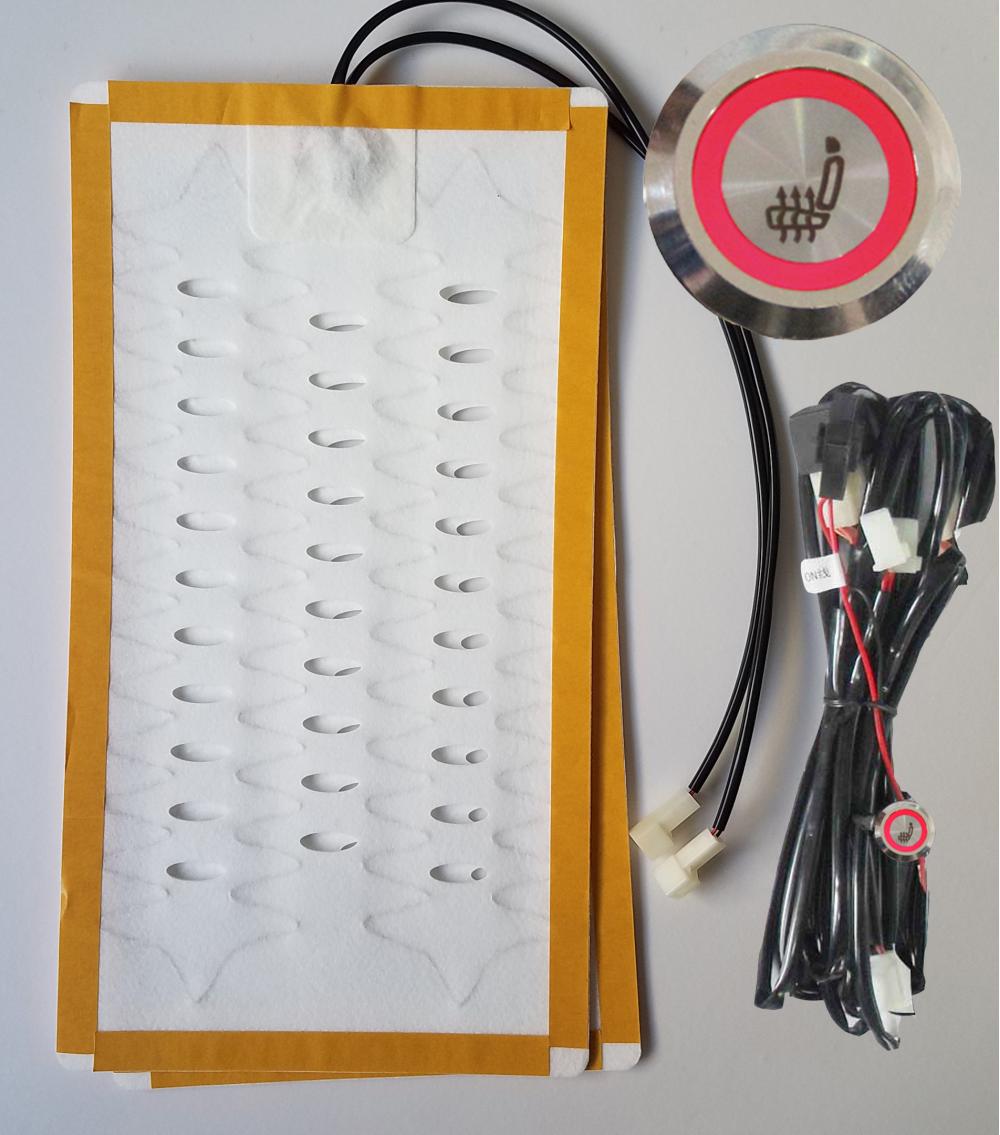In a nutshell, the essence of 'Industry 4.0' does not exist in the factory, but in the entire supply chain system, that is, raw material suppliers and product manufacturers, as well as producers and consumers mutual In exchange, "Hermann Simon, a well-known German management thinker and co-author of Invisible Titles, said in an interview during the CEIBS 2015 Global Management Gala.
Specifically, Hermann Simon explains that "Industry 4.0" with its own, customized colors makes the entire supply chain smoother, and the customization needs of consumers are communicated to product manufacturers faster and better, and the manufacturers then pass The latest technology expresses the needs received and finally reaches the expected results of all parties. For example, he said that at present there are many cars in Germany that are not produced according to a uniform standard, but according to preferences set by consumers when placing an order, including the famous BMW.
He pointed out that in China, he also met many excellent manufacturing enterprises. Although some belong to small and medium-sized enterprises, their technology and concepts are already at the leading level in the world. This also gives Chinese enterprises a chance to practice "Industry 4.0" according to the German model. Foundation.
Invisible Champion Leads Industrial 4.0
Germany possesses solid strength in high-end industrial manufacturing. A large number of medium-sized enterprises firmly occupy a dominant position in their respective segments and become highly competitive "invisible champions." They are Germany's first to launch the "Industrial 4.0 Revolution." Foundation and main force.
Herman Simon defines "Invisible Champion" in his Invisible Champion book as having revenues of less than $ 5 billion in the top three in the world or the number one company on the continent. He said it looks like these companies are bigger, but smaller than some of the larger multinationals, as those Fortune 500 companies generate $ 25 billion a year in revenue, and the "hidden champion" may have a revenue size that Only 1/5 of the world's top 500.
As we all know, in Germany, labor costs are very high and the environmental requirements are also very high, resulting in high unit time costs. Therefore, how to compete with the mass-produced products such as China in price? With the improvement of product quality in China, this problem will become more and more obvious.
According to statistics, there are about 3.6 million registered SMEs in Germany, accounting for 99.7% of the total number of German enterprises. Germany has 21 million people working for SMEs, accounting for 79.6% of total employment in Germany, and its products are sold all over the world.
However, from another perspective, these SMEs to participate in international competition is "really helpless." Germany's land area can only be considered as normal in Europe, less than the two Guangdong Provinces, less than a population of Guangdong Province, the domestic market is small, these small businesses from the beginning to create must face the international market, we must face international competition.
For the past 25 years, Herman Simon has collected data from 3,000 "Invisible Champions" companies around the world. According to him, Germany, by country, is the country with the largest number of "invisible champions" with 1307; the United States is second with 366; followed by Japan, Italy and France; and China with sixth place Bit, with 69 "invisible champion."
In terms of the number of "invisible champions" per million inhabitants, Germany is still far ahead, with 16 per million inhabitants, while in other big countries, the number of "invisible champions" from a per capita perspective is comparable Low, China is particularly small numbers, only 0.1 per million residents, but growing.
Invisible Champions are highly focused on their abilities and markets, and they create their own unique products through deep value chains to protect their expertise and skills. Enterprises focus on market segments, growth is easily limited by the size of the market. At this time, globalization needs to break through the growth limit and combine its focus and product expertise with global sales and marketing.
The German tooling machine company Vollmer Group, for example, focuses its technology on the grinding machine and EDM bed in tool machines, with a market share of about 70% and a market share of about 90% for the latter. The area of ​​wood cutting saws With a market share of 98%, almost all of the relevant tool manufacturers in the world source Vollmer products, with a turnover of about 100 million euros, "said Hermann Simon.
This is a characteristic of small and medium-sized German companies. Although small in scale, they have enough innovative capacity to support the development of large enterprises. Today, with the rapid development of computer technology and Internet technology, "Industry 4.0" advocates providing new growth opportunities for these "invisible champions" by producing highly digital, networked and self-organizing machines.
China and Germany Strengthen "Industry 4.0" Cooperation
2015 is the year of innovation and cooperation between Germany and China. From October 29 to 30, German Chancellor Angela Merkel paid an official visit to China. This is Merkel's eighth visit to China since assuming the post of German premier. Merkel's visit to China with more than 20 business chiefs, involving machinery, automotive, electronics and telecommunications and other industries.
During Merkel's visit to China, both China and Germany expressed their strong desire to further strengthen their economic and trade cooperation. China and Germany signed 186 billion euros in economic big orders. Both parties believe that there is great potential for the docking of "Industry 4.0" in Germany and "Made in China 2025". As the regular working mechanism for promoting smart manufacturing in both countries, the first meeting of the Sino-German Manufacturing Cooperative Working Group was held. Both parties Proposed further cooperation suggestion.
German Ambassador to China Ke Mu Xian said that "Industry 4.0" means that the information technology and manufacturing industries organically together. The situation in China is very similar to that in Germany. Based on a common starting point, under such a new situation, Germany's "Industry 4.0" has its hand in "Made in China 2025" and has different connotations. In the past, the manufacturing industry was intelligent, digitized and networked in all directions Cooperation focus.
He introduced that this summer, the two countries signed some relevant agreements and docking work is steadily advancing. A number of large German companies, including Siemens, Bosch, and SAP, have found partners in the Chinese market that work together on Industry 4.0.
Some of the key things that you have to consider when buying a heated car seat include the heating panels, comfy level, ease of installation, adjustable temperature, and price just to mention a few.


12V Heated Pads,Seat Oxygen Ventilator,Homemade Seat Warmer,Carbon Fiber Car Seat Heater
JiLin Province Debang Auto Electric Co.,Ltd. , https://www.debangcarseatheating.com
